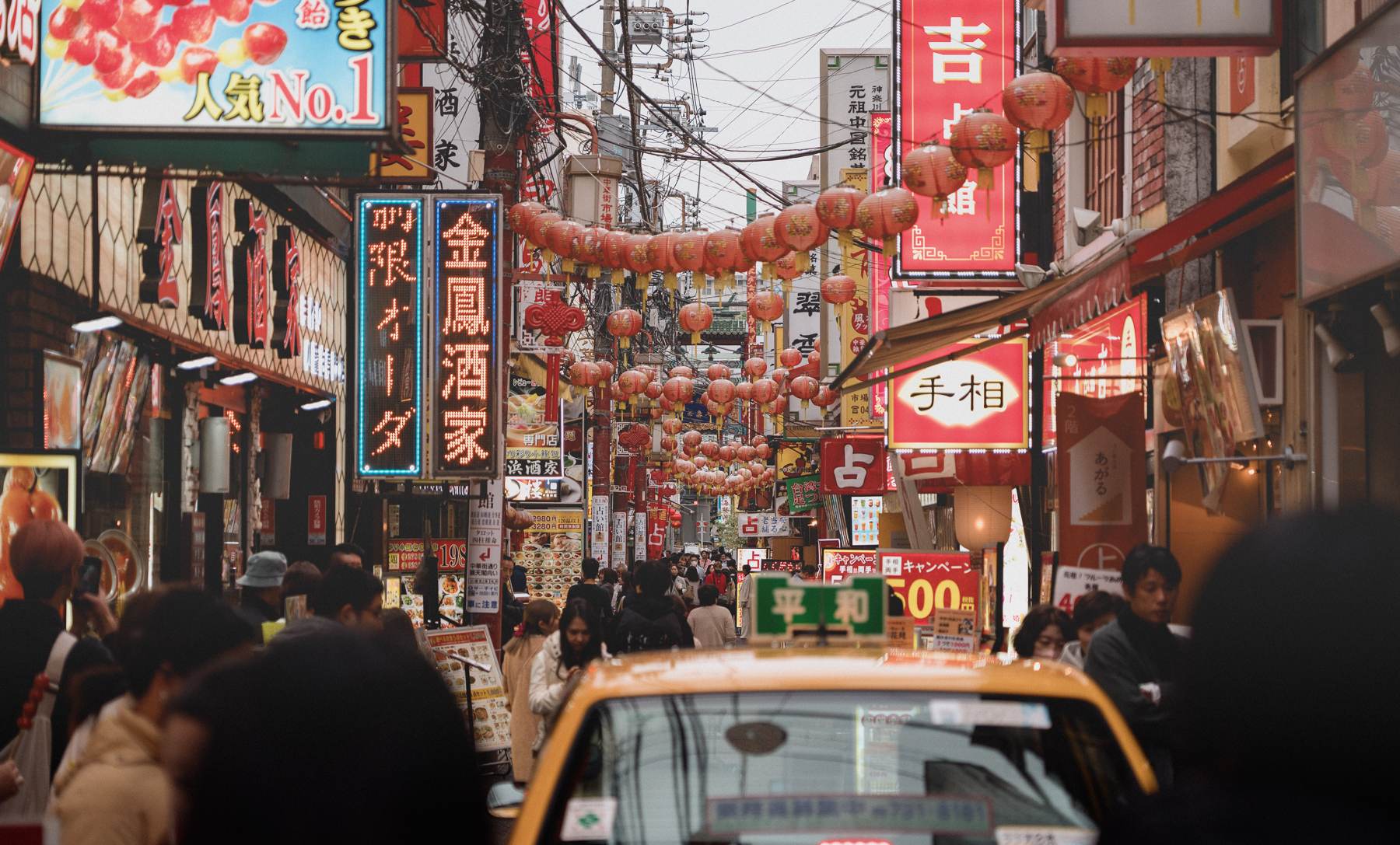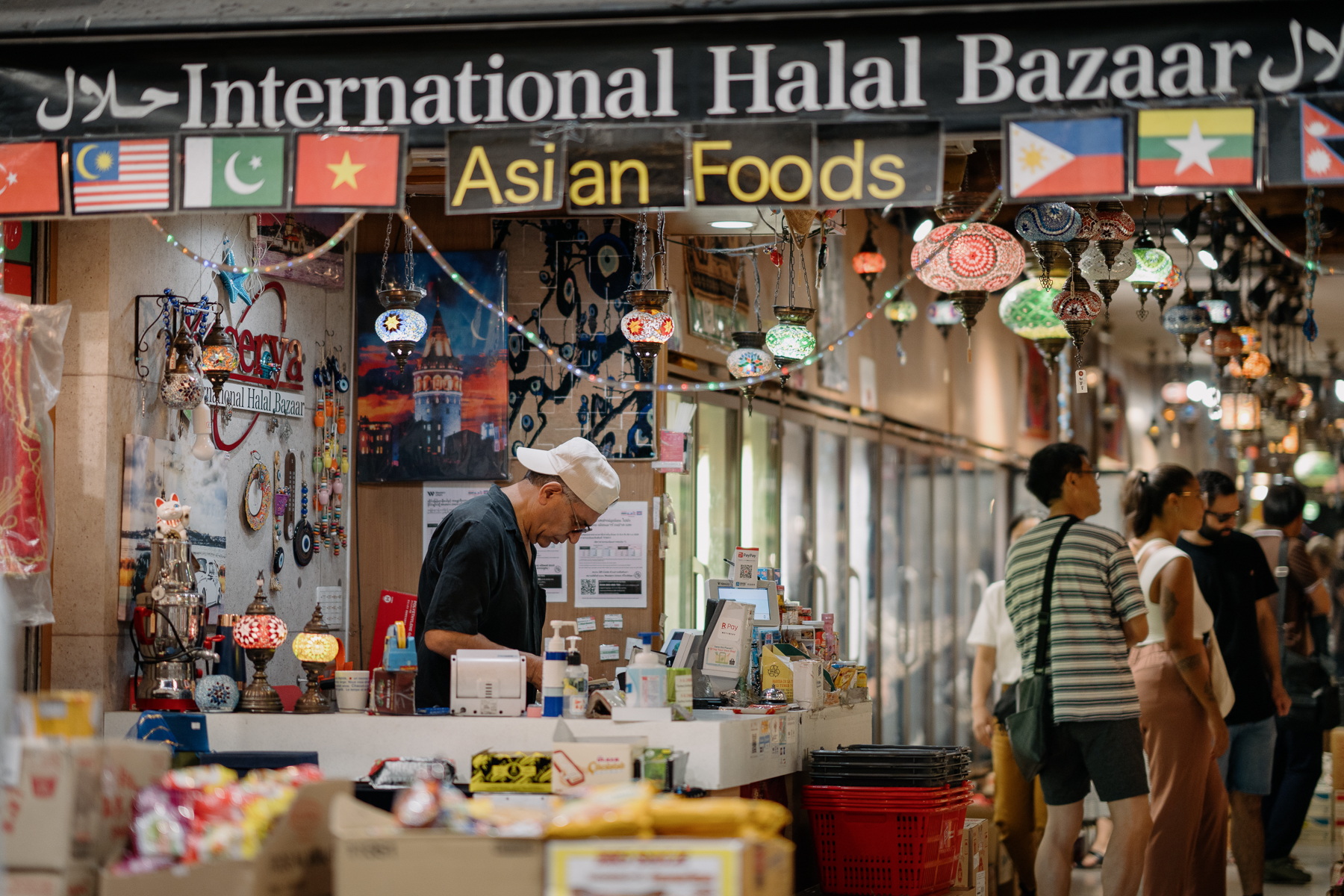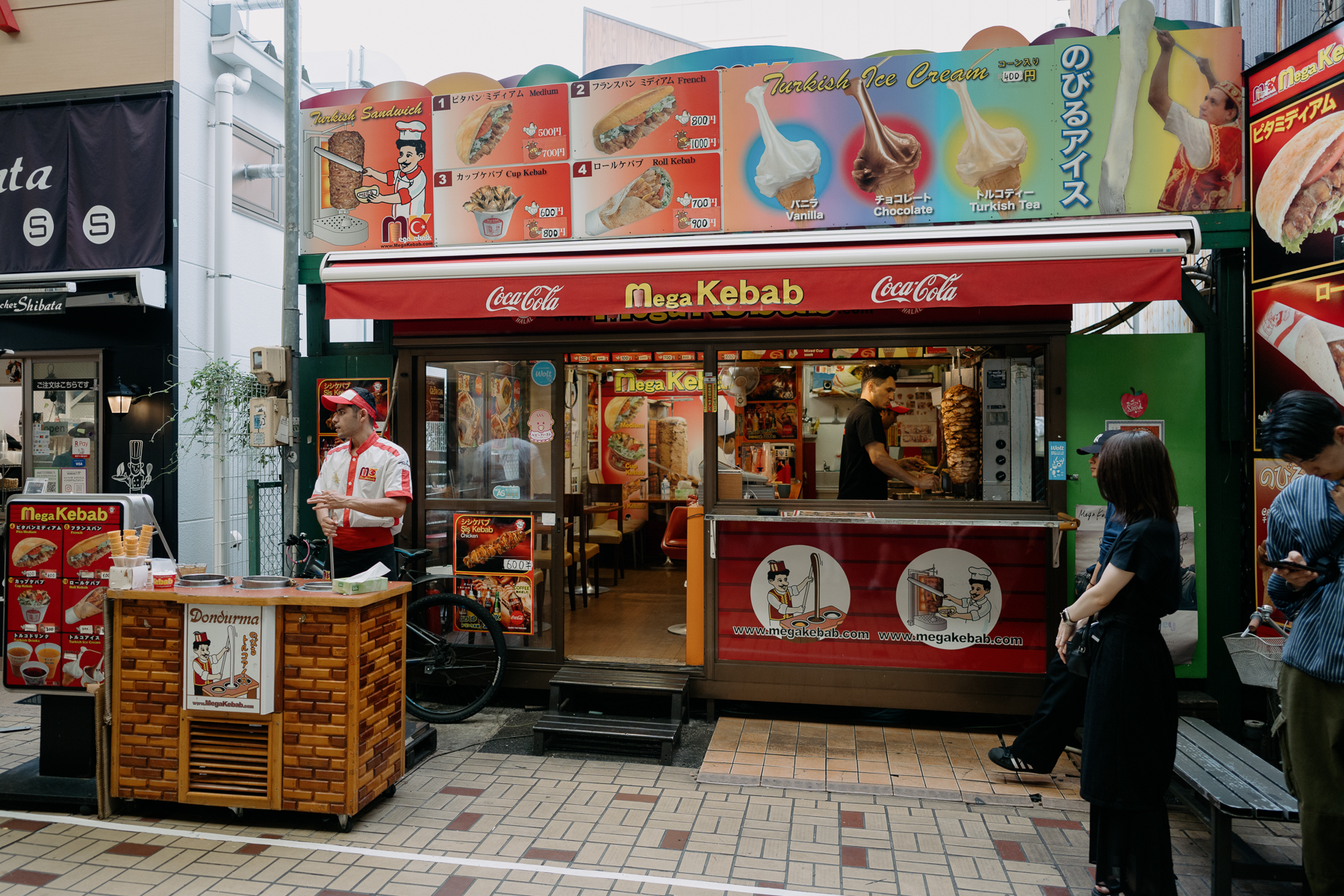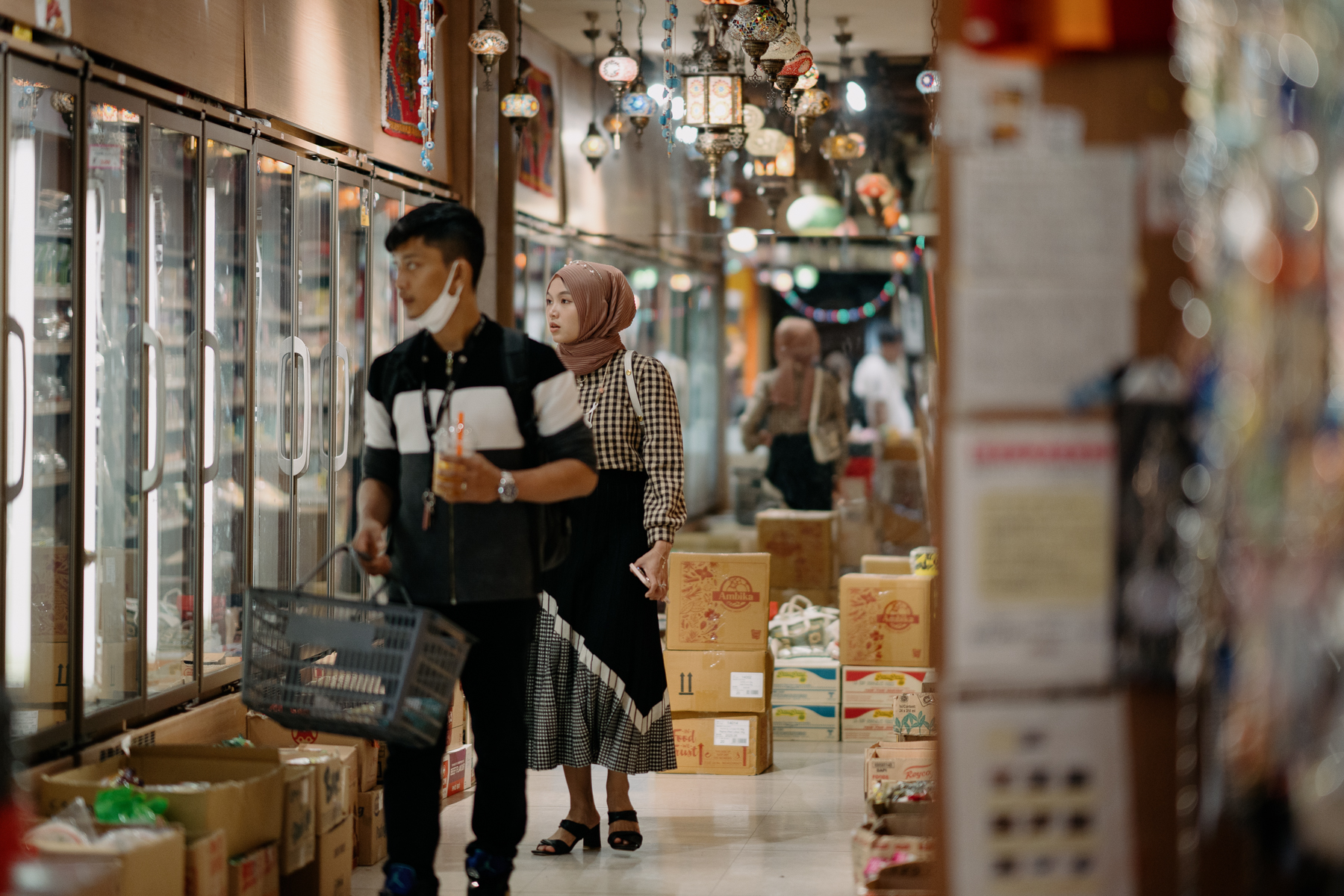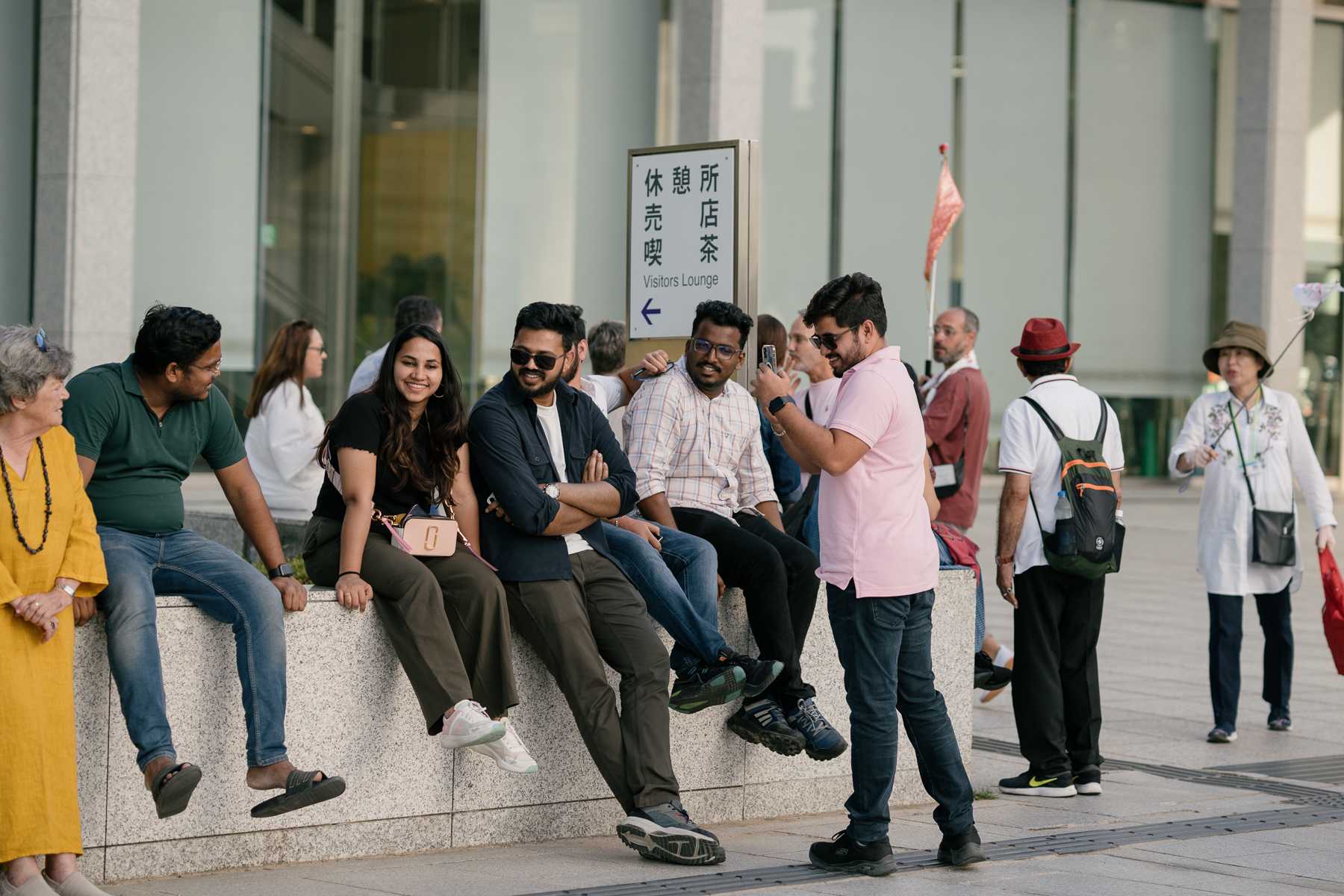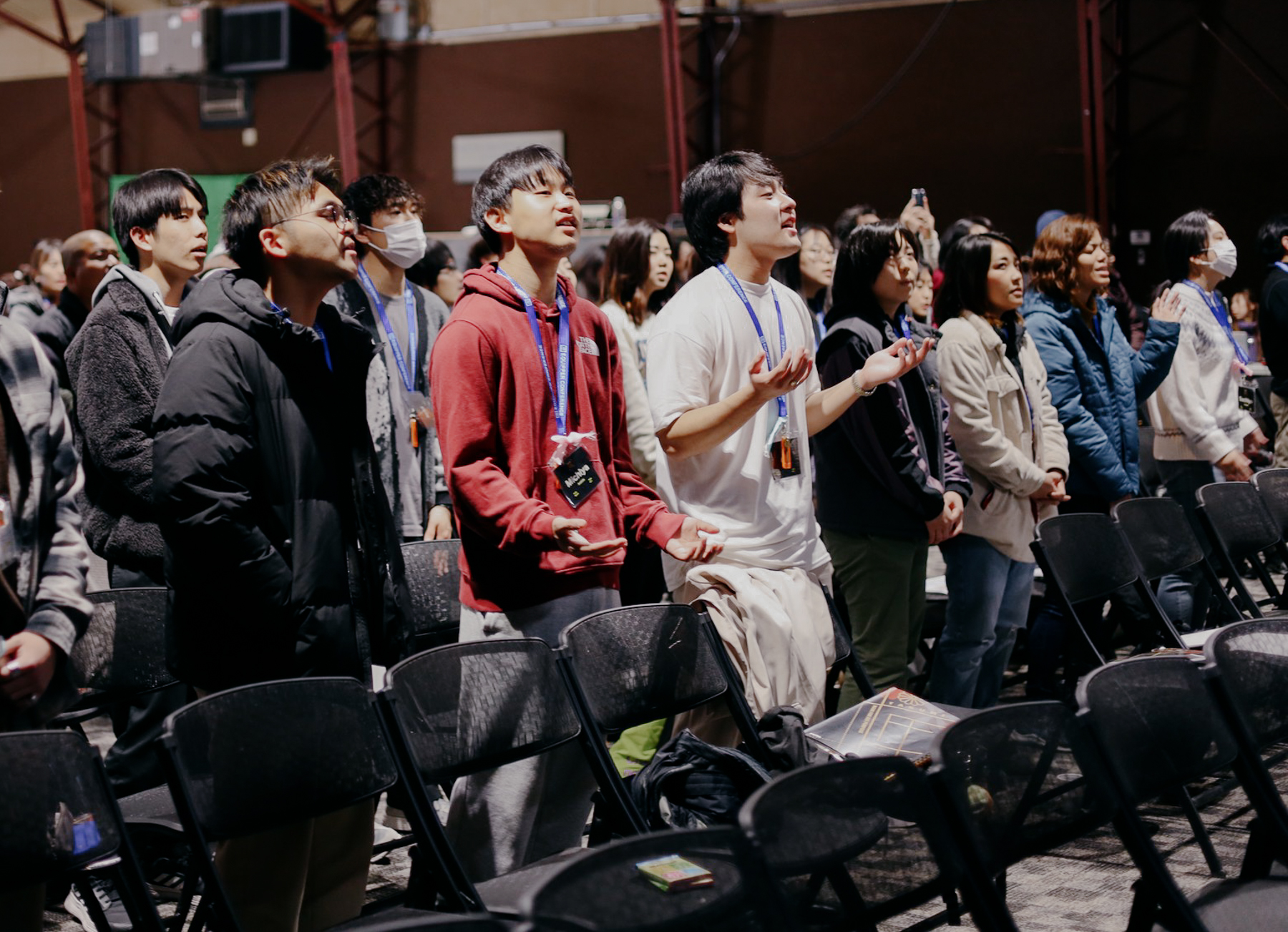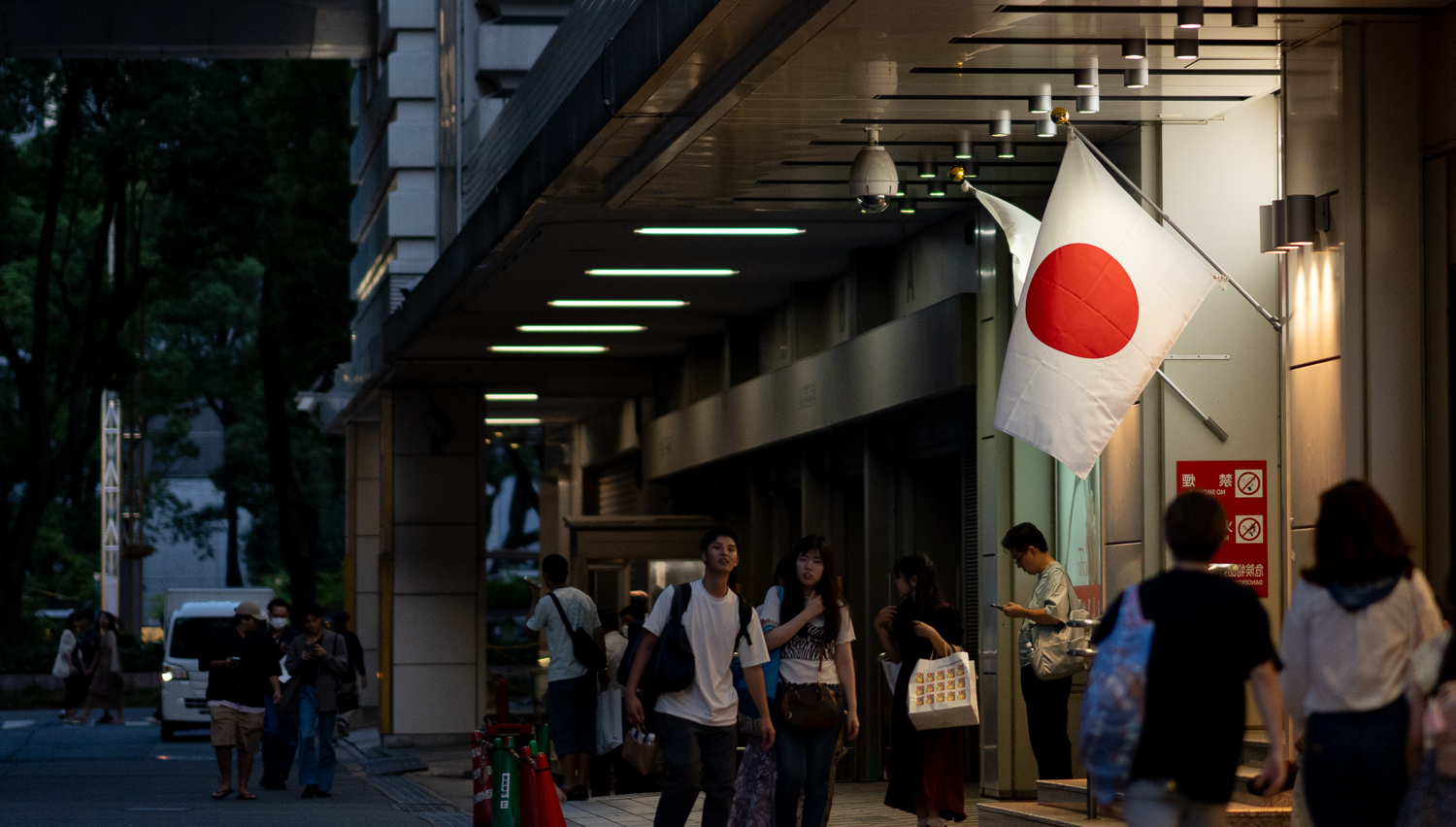When Hoa reached the cash register at the convenience store, she noticed the employee’s nametag. They had the same last name.
“Are you from Vietnam?” she asked in Vietnamese.
“Yes! Are you?”
They found out that they were studying at the same university and decided to meet for lunch that week.
The influx of foreign nationals has increased in recent years. After a decrease due to COVID-19, this number reached an all-time high in 2022.1 Many come as professionals, skilled workers, or students. Others come as spouses. In 2019 the government made a significant policy change to bring in workers for industries such as manufacturing, agriculture, and nursing care to help meet critical labor shortages.
As a mainly homogenous society that values conformity, Japan faces numerous challenges integrating new people. Foreign nationals also face challenges. They need to adjust to the culture, working environment, and high cost of living in Japan, as well as learn the language.
Some of the foreign nationals are missionaries on religious visas. Other Christians have intentionally found secular jobs in Japan and are building relationships in their workplaces. Churches are being planted among diaspora groups like Filipinos, Brazilians, and Chinese, and several cities now have multi-ethnic international churches.
